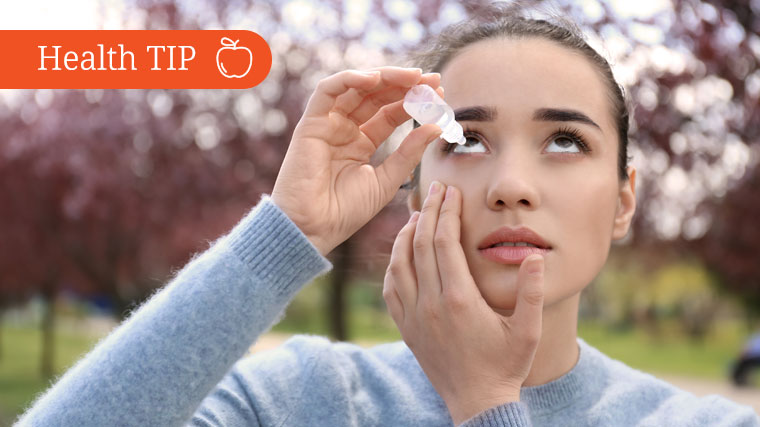What are Some Tips for Keeping Seasonal Allergies Under Control?

Find Your Perfect Match
Answer a few questions and we'll provide you with a list of primary care providers that best fit your needs.
Dr. Joseph Allen discusses how to get some allergy relief.
Click play to watch the video or read video transcript.
Well, the biggest tip is to know what you’re allergic to and how to address this. So if you don’t know, certainly you find that out, see your doctor. What I do with most of patients is bring them in about a month before allergy season starts and we start them on their allergy regimen at that time. It carries them through. Let’s say they have spring allergies – we get them in, maybe March and start them on their Claritin, Allegra or whatever else we use. Run that through until spring is done and passed and sometime in the summer we take them off of it and that keeps them under control. Some people require those medications year-round. That’s a little different situation. But, the medications, talk with your doctor, is a very good way to do that. Other things you can help to prevent allergies in the home: Certainly Hepa filters are big now, those certainly work very well. When you wash sheets and such, wash them probably weekly, more often if you want to, but weekly is probably best. Make sure you wash them with high temperature water, to get all the little dust mites and such out of them; that helps with allergies, as well. If you know you’re allergic to something, stay away from it. It’s easy to do with foods; a little harder to do with environmental allergies, but if you know you’re allergic to something, don’t go near it.
If you have allergies, you may have a runny, stuffy nose, as well as feeling “hazy,” for weeks at a time.
You can control allergy symptoms by taking over-the-counter medicines or those prescribed by your doctor.
Some medicines that can help relieve allergy symptoms include:
- Eye drops
- Nasal spray
- Pills
- Injections
You may have fewer allergy symptoms if you avoid allergens as much as possible, such as:
- Dust
- Animal dander
- Mold
- Pollen and other outdoor allergens
If you’re having allergy symptoms, talk to your doctor about what you can do to help control them.
Find Your Perfect Match
Answer a few questions and we'll provide you with a list of primary care providers that best fit your needs.
Source: Joseph Allen, MD, Premier Physician Network







